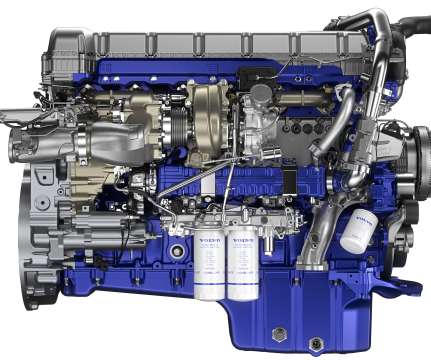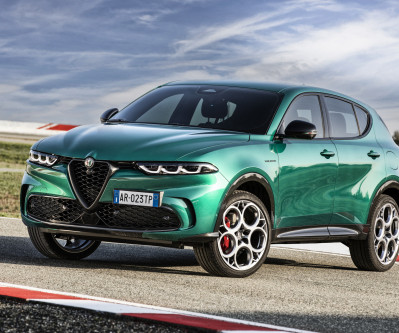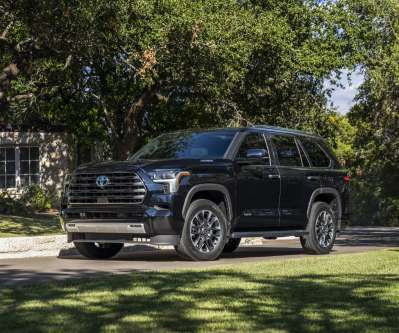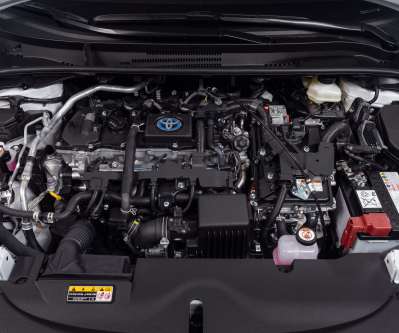NHTSA to propose new fuel economy standards soon; 8% increase per year for MY 2024-2026
Green Car Congress
AUGUST 6, 2021
The US Department of Transportation’s National Highway Traffic Safety Administration (NHTSA) announced that it will soon propose robust new fuel economy standards. The proposal considers a range of regulatory alternatives and is significantly different from the conclusion that NHTSA reached in the 2020 final rule.











































Let's personalize your content